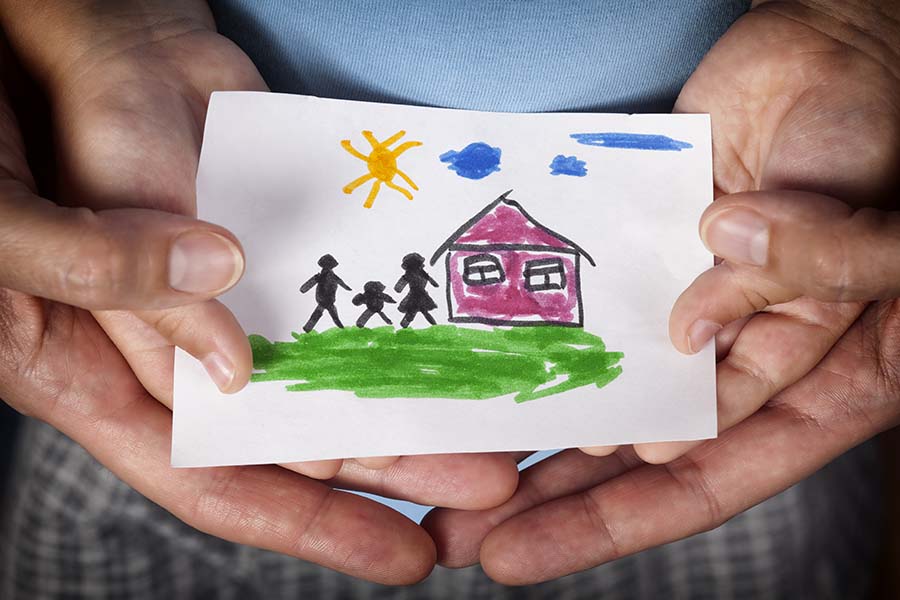
By Simon Cardy, School of Social Policy Associate
Social Work Teaching Partnership, a partnership between University of Birmingham and other local authorities
Controversies in adoption, particularly around race, have been an issue since the Major government, in what Paul Garrett describes in his recent book Welfare Words as an ‘itching’ pre-occupation of governments with child adoption.
Race is still an undercurrent – as we have seen with the repeal of Section 1(5) of the Adoption and Children Act 2002 – but class is back, along with other complex forces. First, there is a gulf between government and the judiciary, the former saying that ‘adoption is not a last resort’ and the latter stating that it should only be considered when ‘nothing else will do’. Second, the continuous politicisation of adoption by leading mainstream politicians who feel that adoption can be played to their electoral advantage as former Prime Minister Tony Blair said ‘the adoption issue worked well’. Thirdly, the ‘forced adoption’ campaigners and lastly, some EU countries have petitioned, with some justification, the UK government’s adoption policy. Adoption remains a highly contested political and social policy arena; despite the fact that of the 72,670 (and rising) children in public care in England as of March 2017, only 4,350 (and falling) were adopted.
A new report, published by the British Association of Social Workers ‘The role of the social worker in adoption – ethics and human rights: An Enquiry’, tries to unravel some of this from an ethical and human rights perspective.
It’s an enquiry of snippets and snapshots allowing families and social workers to voice their lived experience. In a section headed ‘The use and misuse of power’, it tells of birth parents feeling punished for having violent partners, feeling discriminated against for belonging to a traveller community or for being working class. The enquiry calls for more research into the implications of adoption for disadvantaged groups and for the government to gather data on economic and social circumstances.
There is a certain amount of conflationary licence at work here as each of these tantalising thin vignettes fall short of any contextual background or a ‘thicker’ story. Although child sexual abuse features highly in the majority of adoption cases in my experience, such cases are surprisingly not mentioned in the report. The enquiry hints that there may be evidence that courts are granting placement and adoption orders on the basis of social deprivation rather than a consequence of deprivation – a controversial claim. This is only part of the story though. Cases in the public domain give an insight into adoption. In the matter of B (A Child) [2013] UKSC 33, where domestic violence was a feature, there was also an underlying story of a mother with a very complex mental health diagnosis, a father struggling to recover from long-term drug use and a judge who thought long and hard about what might be in that child’s best interests.
It is crucial that further research is undertaken to understand the relationship between social deprivation and adoption decisions but more ethnographic research is also needed. This will offer an insight as to how and why decisions about adoption are really made in what remains a difficult, emotional and complex issue.
